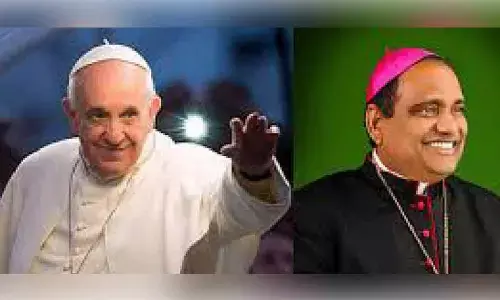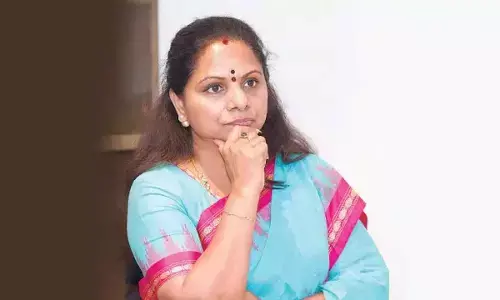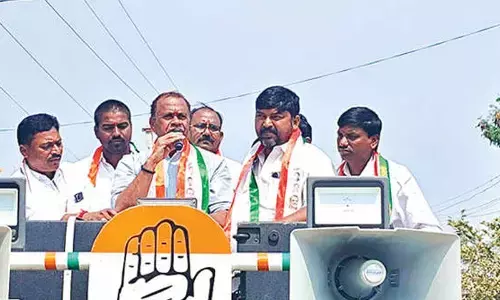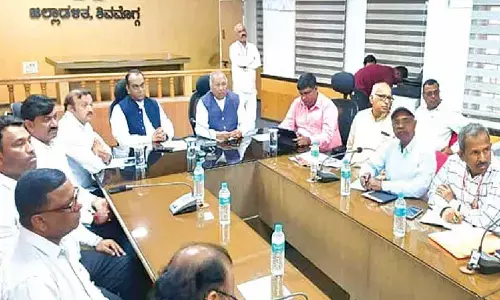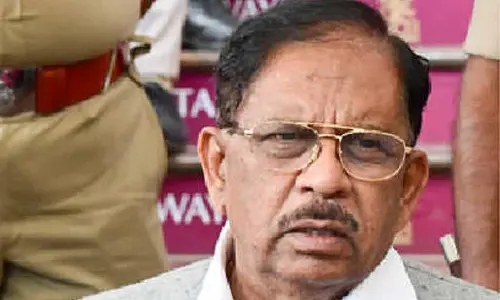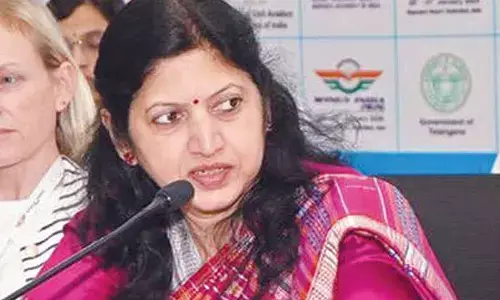But Bunyan’s allegory lacks a developed plot and plausible characterisation; Swift’s satirical travels of Gulliver doesn’t have an organic plot and sustained characterisation; and the essays of Addison and Steele loosely chronicle the events happened in the life of Sir Roger De Coverley.
Many of the English critics are so scrupulous that they include Robison Crusoe, a hymn to human individualism and a manifesto of realism in the category of fiction but deny it the stature of a novel on the ground that it lacks a developed plot and characterisation. And majority of critics opine that the English novel had its origin in the novels of Samuel Richardson (Pamela-1740); Henry Fielding (Joseph Andrews-1742); Tobias Smollett (The Adventures of Roderick Random-1748); and Laurence Sterne (Tristram Shandy-1759).
Similarly, the modern short story got its initial perfection in the hands of Edgar Allan Poe (1809-1849); Maupassant (1850-1893); Chekov (1860-1904); and Rabindranath Tagore (1861-1941) though writers like Washington Irving (1783-1859); Nathaniel Hawthorne (1804-1864); and even great novelists like Walter Scott (1771-1832) and Charles Dickens (1812-1870) also wrote short stories earlier.
All these facts illustrate that it is not easy to pinpoint a person as the father of a certain genre as any literary genre, like the man himself, is a product of evolution. So we can refer some early writers as forerunners of a genre as the beginnings of it can be traced out in them and some others as pioneers as they perfected it in their own way.
The irony is that we don’t learn lessons from the English literature and national literature though we do believe that the modern Telugu short stories were influenced by both since the beginning. Hence, of late, there is a huge hue and cry about the first short story in Telugu. Until a decade back, there was a unanimous acceptance that Gurajada Apparao’s ‘Diddubaatu’, which was published in the January-February issue of Andhra Bharathi in 1910, was the first Telugu short story.
Then further research initiated the process of the emergence of feminist movement, an earlier short story published in November, 1902, in a journal called Hindu Sundari by a woman writer, Bandaru Acchamamba, entitled Dhanathrayodasi strongly claimed the first place. In an attempt to resolve the controversy, Kathanilayam of Srikakulam brought out an anthology of seven stories, which were identified as the claimants of the first short story.
All these attempts demanded a serious study of the characteristic features of a short story. The very first challenge was that of demarcating the old tales from the modern short story. Fiction is as old as man, and the origin of the stories can be traced back to the primitive period. ‘Mahabharatha’ is considered an ocean of stories and we have another classic with the same connotation, ‘Kathasarithsagara’. The importance of ‘Arabian Tales’ can’t be exaggerated in this context.
Western epics like Homer’s ‘Ulysses and Iliad’ has many stories, and the biblical stories are both equally popular. But short story is out-and-out a modern genre of literature, which got perfected in the 19th century. Hence, it is not easy to denote the distinction of the first story to anyone as every such story is prone to debate and denial.
Even Edgar Allan Poe called his stories as tales, which once again demands an analytical study of their characteristics, similarities and differences. Knowing pretty well that the last word in this regard is impossible, a serious study of the pioneers and forerunners of the genre has to be carried out not only to reconstruct the history of literature but also to study the nuances of the craft of short story.
It facilitates, however academic an exercise it might be, the progress of the short story. It is possible only by procuring the works of many forerunners who were behind the success of the pioneers. ‘Diddubatalu’, an anthology of 92 stories published before Gurajada Apparao’s ‘Diddubaatu’ edited by Vivina Murthy and published by TANA (Telugu Association of North America) is a big leap in that direction.
Vivina Murthy could collect the 102 stories, which were published before 1910. In June 1876, 13 stories were published in Janavinodini, which is the oldest of the journals that he could procure as of now. These stories in Janavinodini can be considered the oldest forerunners of modern Telugu short story.
‘Diddubatalu’, the anthology, contains 93 stories as the remaining nine stories were mythological. The interesting thing is that among the 93 anthologised stories 37 were written by 13 men, whereas 25 were written by 14 women. It is almost impossible to find more number of women precursors in any genre of any literature.
‘Diddubaatalu’, is an apt title to the book as all the stories included in it foreshadow the arrival of a modern short story. Many of them are sketches, some are mere essays in the form of dialogue and all of them were written in Grandhika language. Some critics trace out the origin of Indian drama in the Vedas and epics.
According to them, Indian drama originated in the dialogue between the river Vipas and Sutadri and the sage Viswamithra in the Rigveda and some others think that it originated in the narrative of Lava and Kusa in ‘The Ramayana’ and Vysampayana’s relation of the story to Sootha and Sounaka in ‘The Mahabharatha’.
But the vast difference between those dialogues and the play asserts that a literary genre also originates like a river whose birthplace is not easy to locate. Most of the stories written by women dealt with the importance of women education. Two of the editors of those old journals were women.
A study of all these stories reflects that the ground was well prepared for the writing of a modern story by 1910. Although Gurajada’s ‘Diddubatu’ was acclaimed as the first modern short story, the theme of it had some reservations from the feminist point of view. His ‘Mee peremiti?’ is a modern short story in that way.
Hence, placing ‘Diddubatu’ in the list of forerunners is very much judicious. But as mentioned earlier, these are all debatable issues. Mark Twain pointed out in a different context, that questions are permanent and answers do belong to heaven. To know the alternative answers to a single question makes us more coconscious of the issued related to it.
‘Diddubatalu’ is a by-product of Vivina Murthy’s herculean effort of creating a database for the Telugu short story at Kathanilayam, Srikakulam. The publication of ‘Diddubatalu’ gives the Telugu intelligentsia an opportunity to thank him profusely for both. TANA also deserves wholehearted accolades.
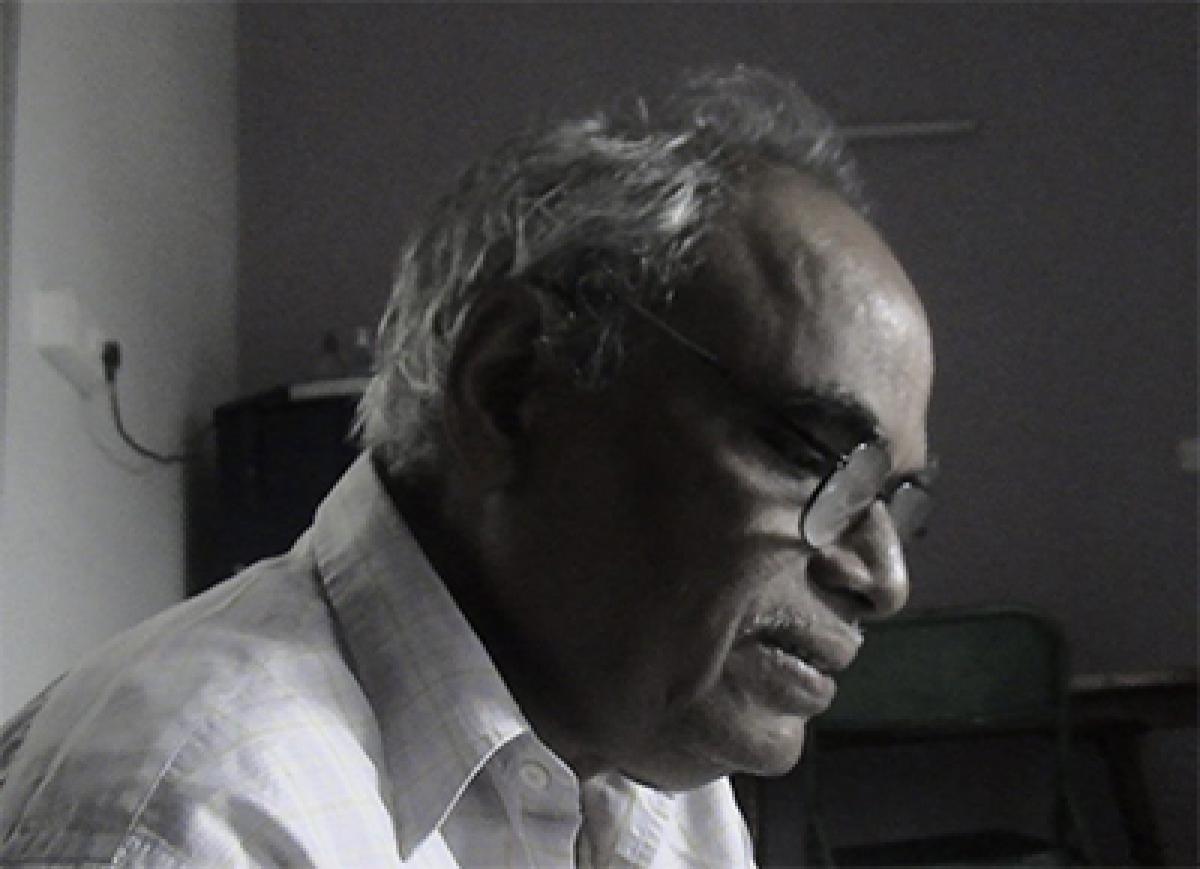
.jpg) It is said that Telugu short stories were influenced by English and national literature since the beginning. Gurajada Apparao’s ‘Diddubatalu’, which was a collection of Telugu short stories is a by-product of Vivina Murthy’s effort of creating a database for Telugu short stories at Kathanilayam, Srikakulam, and this gives an opportunity to thank him profusely
It is said that Telugu short stories were influenced by English and national literature since the beginning. Gurajada Apparao’s ‘Diddubatalu’, which was a collection of Telugu short stories is a by-product of Vivina Murthy’s effort of creating a database for Telugu short stories at Kathanilayam, Srikakulam, and this gives an opportunity to thank him profusely








